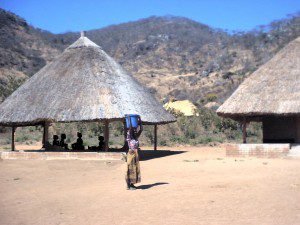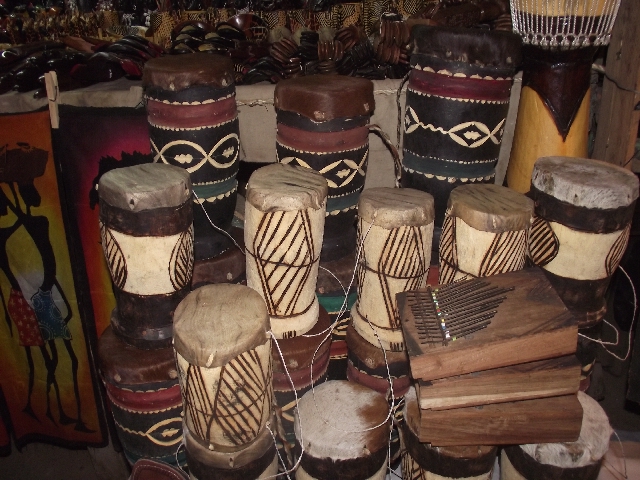Letters From a Retired Miner
Greetings my friends.
I want to say that Joseph Mwila Bwembya is only a baby, but in his brains he is a wise man. This is why he said let me write a book to explain the sayings of my Bemba ancestors. I wish other young men and women can follow his example. They can say to their parents “Teach me our customs so that I can teach my children.” It is not just Bemba people, all people.
Many people complain that young people these days don’t respect their elders. I agree. But I say to the elders “What are you doing to teach these young men and women?”
In Bemba we say “Imiti ikula empanga.” This means when you are in the forest and you look around, all those small trees you are seeing today will be the big trees you will come and find in future.” If you don’t look after them or you chop them down, there will be no forest tomorrow. If you want a beautiful forest you must look after these small growing trees today.
That is why I am happy to see Bwembya’s book. It is good to teach children the wisdom of the Bembas.
Many people who read this live with children. It does not matter if they are not your own children. Every day you can show a child that ancestors also made mistakes. From making mistakes, they said “Let us tell stories and let us make sayings to teach our children and grand children. They will learn from our mistakes.”
If you say “These people lived in the village in the bush, they cannot teach me about life,” it means you want life to teach you. But a wise person learns from other people. When you pay attention to your elders, listening is the price you pay. When life is your teacher, you pay with suffering.

In my village, we have Insaka in the middle of the village. In the evening, we make a fire. Children and old people sit around the fire and we tell stories. We did not do this when I worked as a miner on the Copperbelt.
I love telling stories around the fire. When I retired, I wanted to come to my village. I wanted to continue to explain these sayings of my Bemba ancestors because it will help children in my village to grow up with wisdom. In the village, the children come to you. In the town, there is nowhere to sit in the evenings for children to come and listen to stories.
We get less children at the fire side because they go to watch TV at shi Mambwe’s house. He retired last year. He brought solar power and he shows video films in his house. He says there is something there also for children who are growing up. I hope he is telling the truth that one day wise men from all villages will sit in the TV and teach children our traditions. A clever child uses his ears and eyes to learn. A child who is not clever waits until the fire burns him.
Shi Mambwe charges for his video shows. We don’t charge at the fireside. Insaka is still free. Does a father ask for money from his son before he teaches him? Does a mother ask for money from her daughter before she teaches her? Mwe bantu!
Shi Mambwe says he will not waste his time teaching other people’s children. He said “If someone paid me, then I will think about it.” If you think like him it means you make children poor two times. Village children are poor for money. Now they will be poor for knowledge. In our tradition even children with no parents can learn pa Nsaka.
Well done Joseph Mwila Bwembya. My son told me people pay for your book. That is ok, but it is our job, we elders, to bring the wisdom of our fathers to you young people for free.
In Bemba we say “Mwikala patalala mwine apatalalika.” It means the one who wants to live in peace he must make the peace for himself. Don’t expect other people to come and teach the young people in the village how to live in peace. You do it. Then you will stop complaining that young people these days have no manners.
_______________




Thank so much Ba Tata Ba Shi Bwembya for your encouraging words. May the Good Lord Bless You as you continue imparting more wisdom in us the younger generation. One Bemba saying says: “In’ganga ishifwa ilakuuka”, therefore, before we leave this planet through death we should leave something as a legacy for the next generation.